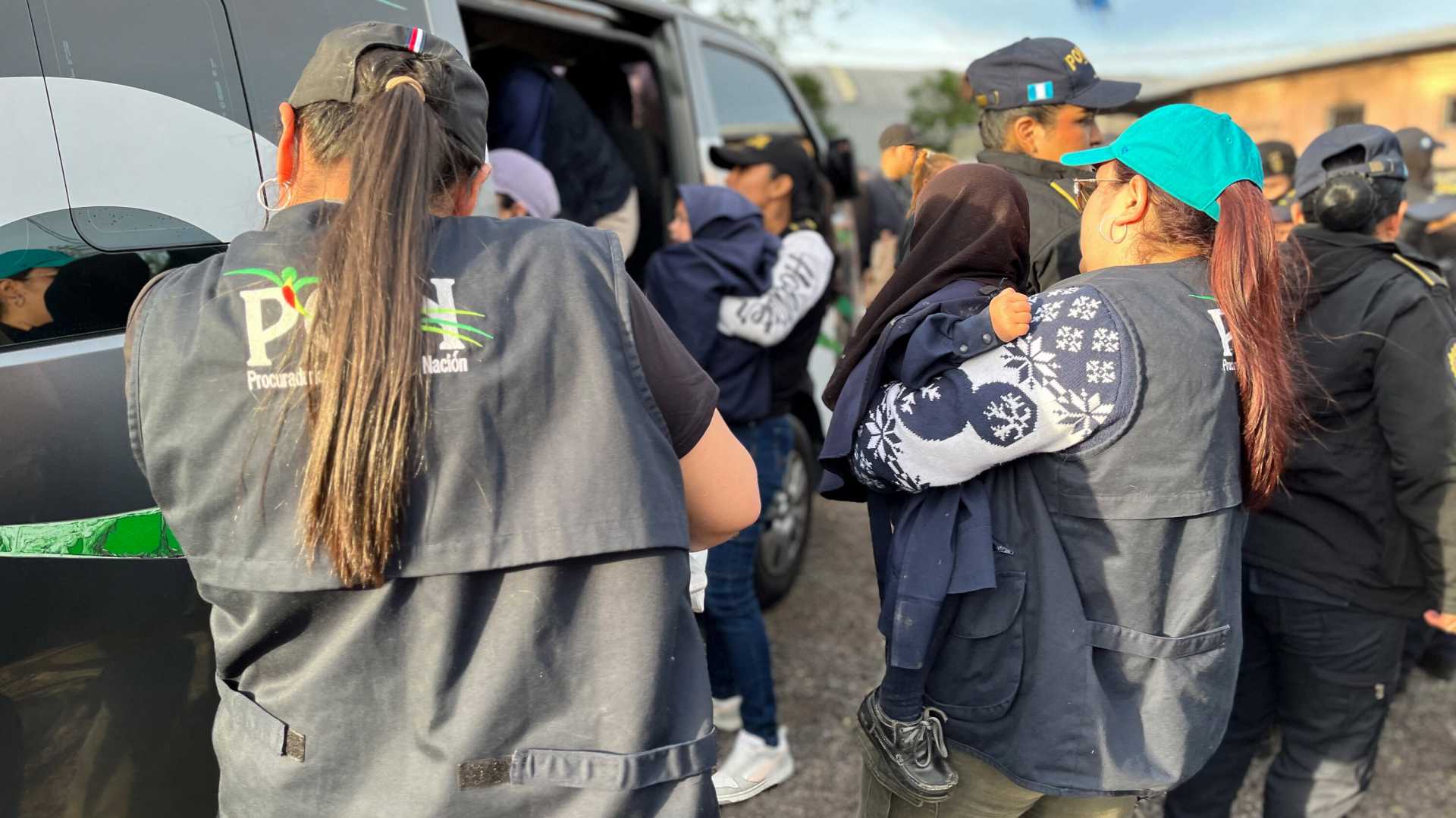News
Guatemala Seizes 140 Children from Controversial Jewish Sect

GUATEMALA CITY, Guatemala — Officials in Guatemala have seized approximately 140 children from Lev Tahor, a controversial Jewish sect facing multiple allegations of child abuse. This unprecedented action highlights the precarious status of the group, which has been described by former members as resembling a personality cult rather than a strictly Orthodox community.
The controversial sect, founded by Shlomo Helbrans in Israel during the late 1980s, has a tumultuous history spanning across various countries, with most of its members hailing from Canada, the United States, Guatemala, or Israel. The group claims to adhere to strict orthodox practices, but critics assert that the sect emphasizes the teachings of its deceased leader over traditional Jewish texts.
The recent seizure marks Lev Tahor’s most significant confrontation with governmental authority, raising questions about the future of the sect and the welfare of the children involved. Local authorities have been prompted to respond due to ongoing allegations regarding the treatment of children within the sect.
“This operation underscores our commitment to protect vulnerable children from potential harm,” said a spokesperson for the Guatemalan government. Officials have not disclosed the exact circumstances that led to the children’s seizure but emphasized that the decision was made in the best interest of the minors.
Lev Tahor has grappled with legal issues in several countries as its members continually relocate to evade scrutiny. The group’s willingness to bypass government regulations has often put them in conflict with child welfare laws.
In recent years, Lev Tahor has garnered attention for its isolated and insular practices, with allegations of controlling behavior and limiting the educational opportunities of its members. Former members have elaborated on the sect’s strict hierarchical structure, asserting that dissent was not tolerated. As the current situation unfolds, the impact on the surviving members, particularly the children, remains uncertain.
Guatemala’s intervention signals a potential shift in the region’s approach to sects and religious groups accused of harmful practices. As authorities continue to investigate, the outcome could set a precedent for how similar situations are handled in the future.












